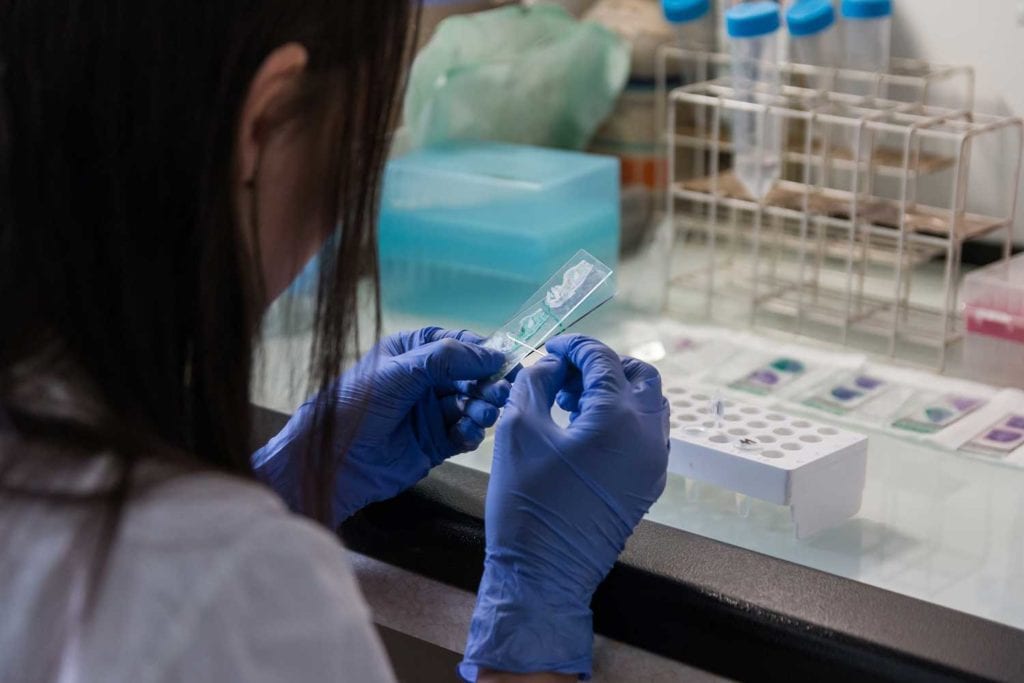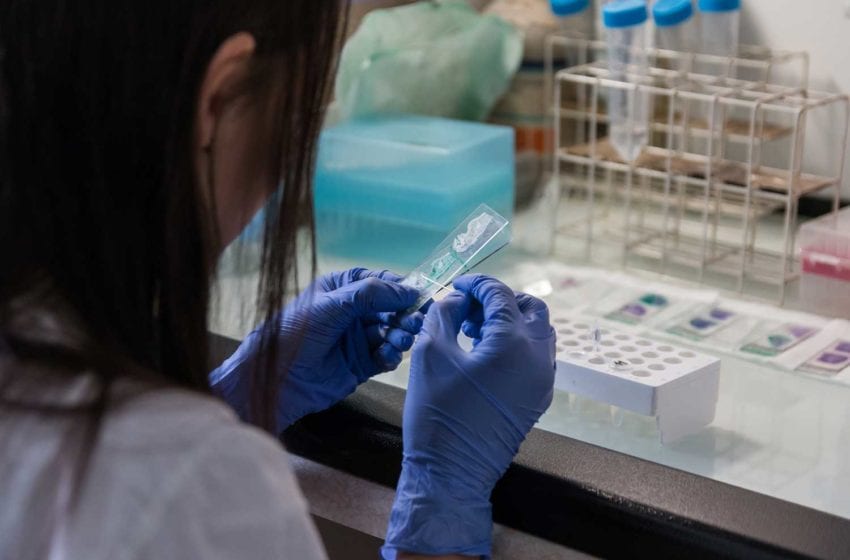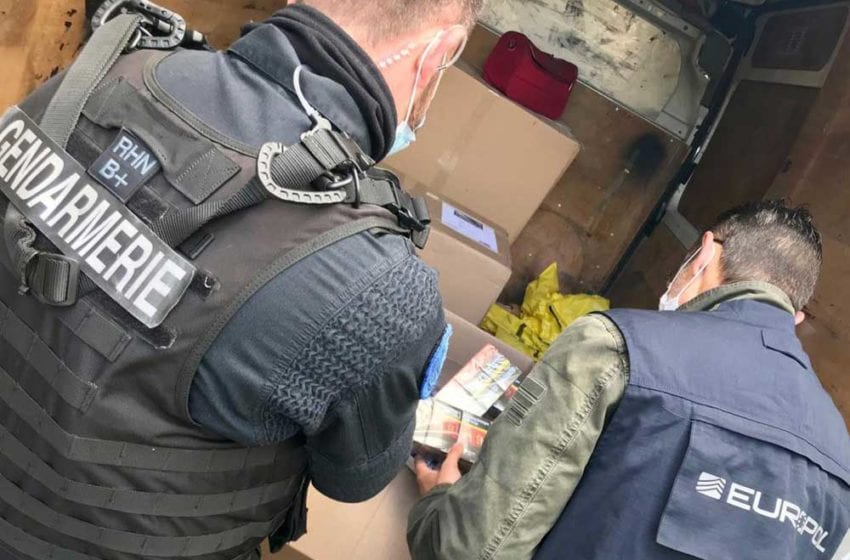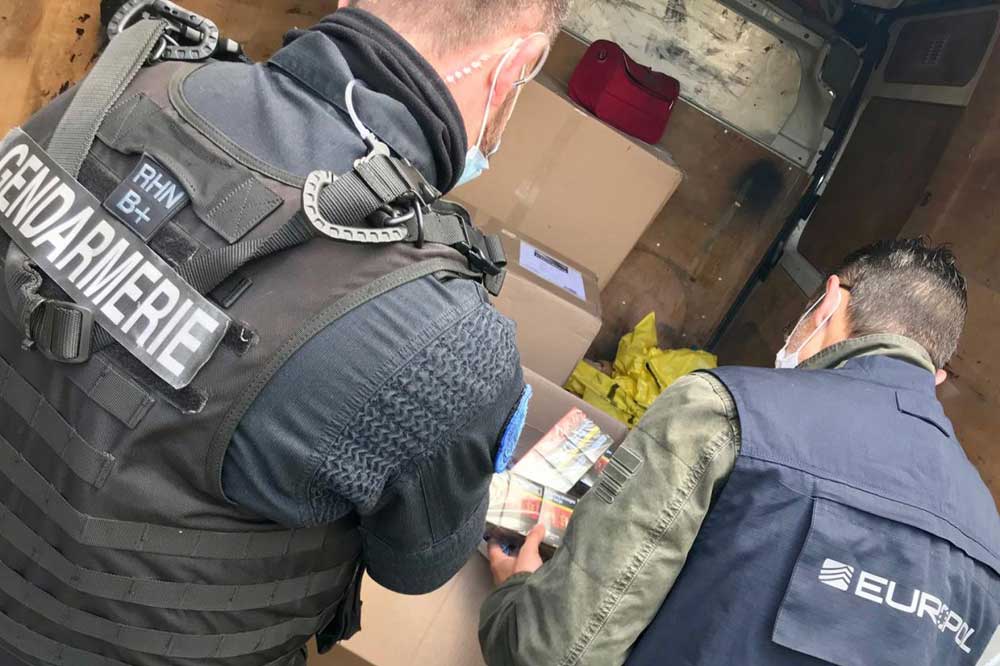The Foundation for a Smoke-Free World (FSFW) has issued a call for proposals to further analyze the findings of its Sermo survey on doctors and propose programs that would help improve doctors’ fluency about smoking cessation and tobacco harm reduction (THR), according to a press release.
The FSFW funded research carried out in 2022 by Sermo, an independent platform and leader in actionable healthcare professional insights that surveyed more than 15,000 doctors online in 11 countries, including China, Germany, Greece, India, Indonesia, Israel, Italy, Japan, South Africa, the United Kingdom and the United States. A significant majority of the surveyed doctors mistakenly attributed the negative health effects of smoking to nicotine.
An average of 87 percent of doctors agreed, at least moderately, that helping patients quit smoking is a priority; however, 74 percent mistakenly believe nicotine causes a range of illnesses, including lung cancer and chronic obstructive pulmonary disease (COPD).
The misperception about nicotine could account for an average of 55 percent of the doctors recommending over-the-counter nicotine-replacement therapies to help patients reduce or quit smoking.
“It is imperative that doctors get the proper training to learn the facts about nicotine and tobacco harm reduction options that can help their smoking patients quit,” said Muhammad Ahmed, director of health and science research at the FSFW. “With more than 7 million smokers dying annually from smoking-related diseases worldwide, many lives can be saved if doctors become more knowledgeable about the cessation tools available.”
“Patients look to doctors for trusted health advice,” said Jed Rose, president and CEO of Rose Research Center and co-inventor of the nicotine patch. “Therefore, it is vital that doctors provide accurate, current advice to smokers about the health risks of smoking cigarettes compared to using products that deliver nicotine without combustion.”
The survey on doctors showed that 74 percent of doctors on average at least moderately agree that nicotine causes lung, bladder and head/neck/gastric cancer; in the United States, this figure is 70 percent; in Germany, this figure is 78 percent; in China, this figure is 86 percent; in Japan, this figure is 85 percent; 78 percent of doctors on average at least moderately agree that atherosclerosis is caused by nicotine; and 76 percent of doctors on average at least moderately agree that COPD is caused by nicotine.
On average, 81 percent of the physicians surveyed are at least moderately interested in training focused on smoking cessation and tobacco harm reduction.
The survey also found that while doctors’ conversations with patients who smoke focus on the health benefits of cutting down or quitting (73 percent on average globally) and the health risks of continuing (73 percent on average globally), a comparatively small number of physicians—just over half (56 percent on average globally) on average—recommend cutting down on the amount of smokable tobacco products, and less than half of doctors (48 percent on average globally) help patients develop a plan to quit.
Researchers interested in submitting a proposal to further analyze these findings should contact support@smokefreeworld.org.





















